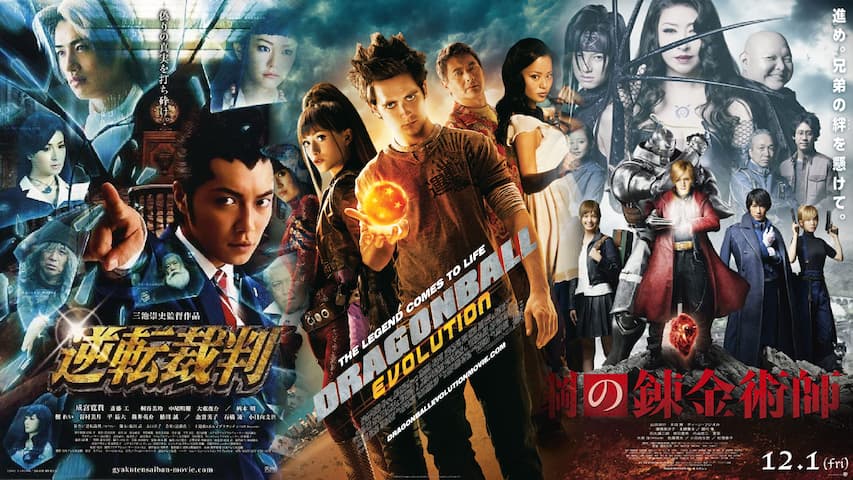The Sea Beast: Breaking it down for Children
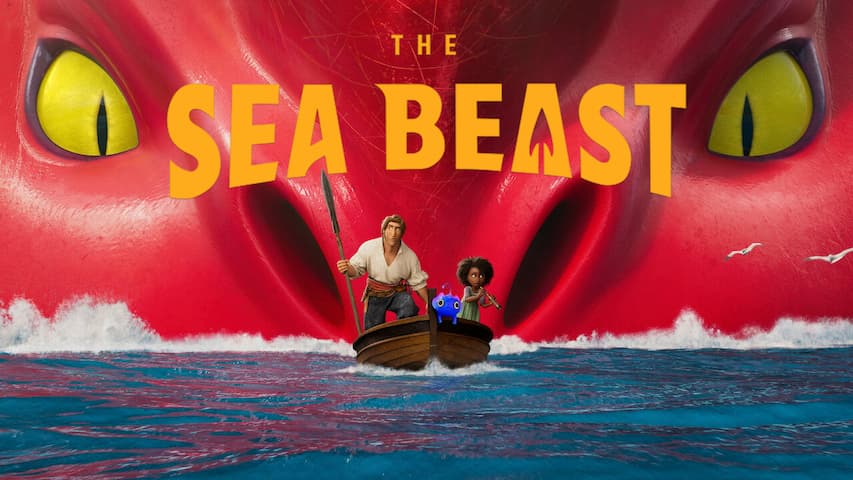
Ach ja, I am fascinated with children’s media, or rather with the the idea of media primarily targeted at children. If you know me, I tend to watch a lot of stuff below my own demographic. Of course, there are the obvious contenders like Precure and Pokémon and my love for animation certainly contributes to me being thrown into a lot of it too. The fact that I never really watched TV when younger or read any of the children and young teenager’s classics might also add to it on a subconscious level. The bottom line is that I only really started being exposed to children media specifically once I was no longer a child, but an adult.
To get the obvious out of the way first: Most children media, if not all of it, is seldom only targeted towards children or whatever the respective demographic is supposed to be defined as (One could probably write its own post about the Shounen and Shoujo demographics alone for that matter). Beyond content specifically designed to fly over the heads of the little ones, it is not like certain topics suddenly loose their importance or meaning once you reach a certain age and while children are stupid, they are not that stupid, with some of the most beloved series being held in high regards specifically for its ability to trust its audience to understand the more complex themes of a work, even with its scope “compromised”. The new Live-Action Avatar series makes a great case for why going at something under a superficially more adult point of view doesn’t necessarily result in a better exploration of its themes or ideas. There is value in analysis, no matter its breath or depth and thinking about this stuff is what gets me going.
Alas, here is the question I constantly have to ask myself when consuming children’s media: How do you communicate ideas to someone who neither has the academic knowledge to understand, nor the real life experiences to relate to them? I don’t think every piece of media, especially children’s media, should always be a tale of morality in disguise, but in the same way every story has a message by virtue of representing something, one should also not ignore the potential influence it has on a viewer and even more so when they are young. “It’s just a movie for children”… exactly, which is why it is the responsibility of the adults to provide them with the best we can. As more than one generation of “Disney Adults” has already shown (for better or worse), these experiences can be quite formative and I would rather like to live in a world where children can deepen their understanding of both themselves and their surroundings through the media they engage in, than it being simply used as a way to occupy them for a certain amount of time.
With the at this point already mandatory 500 word preamble out of the way, let’s finally dive deep into how The Sea Beast succeeds at creating both a fantastical tale, as well as having pretty grounded ideas explained to me, like I am five.
The story of The Sea Beast is not that hard to explain: Giant monster inhabit the oceans which gave birth to the occupation of sailors hunting the sea beasts down to protect the shores and secure safe passage for other ships. Over the course of the film, we find out that the sea beasts are actually not that hostile and that the majority of history was essentially made up by the royal family in order to secure itself as the most powerful player on the sea.
Now, a lesser film would focus on the evils of the royals. “Monsters are monsters and it is either them or us” or “We have brought wealth and prosperity to this land”. And while I love bashing on rich people, the inherent evil of such institutions and the almost cartoonish alienation such individuals tend to display, I can do so, because real people like that have existed, exist right now and will most likely continue to exist for the foreseeable future. Reality is a tragedy and any kind of catharsis is the result of collective work, not a well-meaning resolution at the end of a journey. We’ve got stories for the latter. So it was nice to see that, while the source of all the world’s evil is still rooted in a few people being allowed to wield power beyond their ability, the film actually focuses on the way how these conditions affect the world around it, as well as how it bastardizes the emotional anchors that grounds the characters that have to live in it.
If there is one giant throughline in this film, it would be the theme of legacy. The idea that something will live on even after death, either literally or metaphorically, is everywhere: The act of hunting going so far back, that no one remembers how it all started, the inheritance of the ship and crew, the family dynamics of both Jacob and Maisie and the very way how history is remembered and used to inspire. If only there would be a good song that would tease how something normally seen as uplifting and good, such as the concept of legacy, is being used to create an endless circle of suffering… yeah, I’ll be real with you, I just wanted to segue into mentioning this banger of a sea shanty.
“Captain Crow” encapsulates well how context can change meaning, even if the words are the same. Hunting the sea beasts is not only a necessity, but an honorable duty to which everyone looks up to, to the point that the morbidity of it all is not only overlooked, but openly welcomed. Hunters die, sure, but they also die the greatest death. In fact, death is treated as a rite of passage. The father dies, so the son will continue the legacy until he dies too. As such, it is no question in whose footsteps Maisie is supposed to step in and why she specifically asks how her parents died, not how they lived.
The irony of it all comes from the fact that hunting the sea beasts was only ever a means for the royals to gain more power. What is believed to protect people has only ever cost the life of them. The fame associated with being a hunter is directly payed in blood. Being fully committed to the legacy of everyone before him is what robs Crow of his humanity and replaces it with an obsession that makes it impossible to actually live this so called “greatest life” promised to him. Death doesn’t complete a person, it just rips you away from everyone you hold dear with its cold indifferent hands. And after everything is said and done, the whole occupation of hunters is to be replaced by simple military and the so called heroes only to be remembered by those who were there, because the book outlives the person that could prove it wrong.
The genius is in how the film’s ending is able to reclaim the idea of “legacy” in a way that it creates something new and doesn’t fall in the same pitfall that lead to the problems that befell the characters at the beginning of it all. After learning about the truth, Maisie denounces her wish to become a hunter and convinces everyone else to stop hunting the sea beasts, Sarah destroys her reputation as the most loyal first mate in favor of doing what she considers to be the right thing and Crow is able to accept Jacob not as his successor, but as his son. History is not rewritten, but simply looked at from a different angle and acted upon in a way that is not destructive.
I only went over the themes superficially, mostly stating and not analyzing them, not only because it is over a month ago that I have actually seen the movie and would need to rewatch it again to do so, but also because I want to come back to what I actually want to tackle with this post: Not just what the film says, but also how it tries to get the message across.
You don’t have to fully understand and be able to communicate an idea to feel and internalize it. Just like how I will probably never really be able to put my love for some things into words, at the very least, I will still be able to say that these feelings are genuine. Sometimes, this is just the way we engage with media. We simply “get” it beyond the need for words.
The Sea Beast does so either by proxy and the use of very easy to understand imagery. You don’t need an extensive breakdown of the history of the conflict to acknowledge the pain Red feels when basically her entire back is covered in spears and scars or how the many hunting trophies in the lavish palace show how this fight is very much just a one-sided slaughter. It also asks its question very directly with not a lot of room to dodge its implications: You have found out the truth of this world… now what? Do you try to bring change or do you stay complicit? It may be an easy decision for Maisie, but what about Jacob, who has spend his entire life on the sea as a hunter? While the resolution of the film is clearly very idealistic in its methodology, it nonetheless grounds its message in realism. Conflicts have a beginning and accepting this fact is half the battle, while the other half is in understanding that fighting for a better tomorrow is worth it, even if it means having to confront all the ugly truths no one wants to talk about. No “Both sides are bad, actually”, one side canned these worms, so it is time for them to open it.
The obvious takeaway from it all is that children are not just supposed to get why attacking the sea beasts is a bad thing, but also to extend this empathy towards the real world. I don’t even have to name drop the current genocides happening, as there is injustice in almost every aspect of life, so if even just one kid can go out of this movie with the feeling that they are both able to acknowledge and do something against it, then it is a win, even if we don’t get to know the fate of the people responsible.
Do you live to die, or do you die, because you have lived? At the end of the story, the sentiment of “dying the greatest death” gives room to “living the greatest lives”. You don’t have to be able to explain why, as the film shows you why it should be like this.
Last minute comment: God, this post really turned into a mess halfway through. Just imagine I actually make a point between all the preaching :D.
The Sea Beast is available on Netlix.
Related Posts
Comments
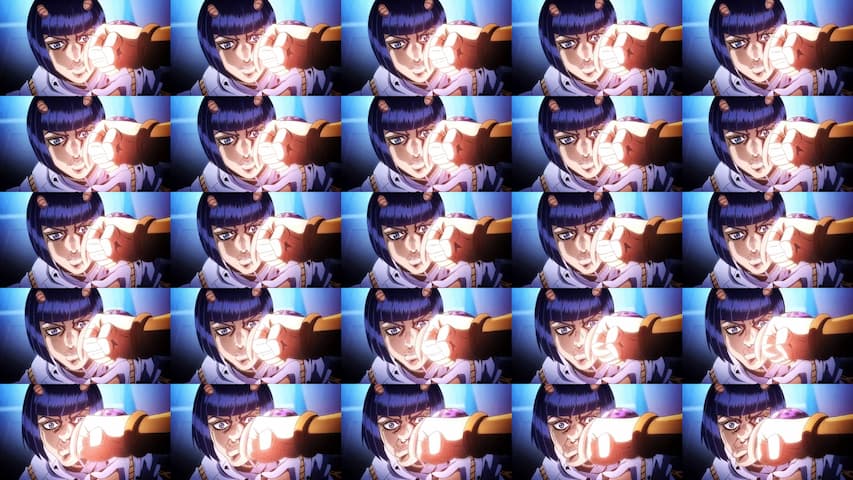
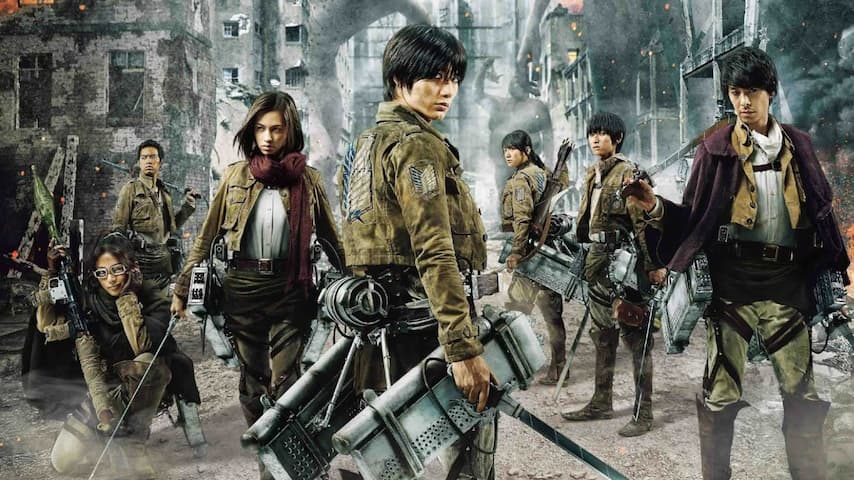
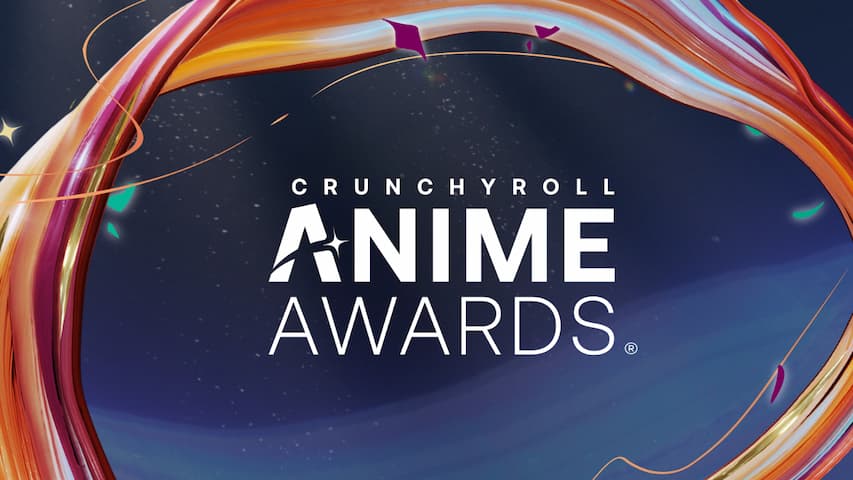
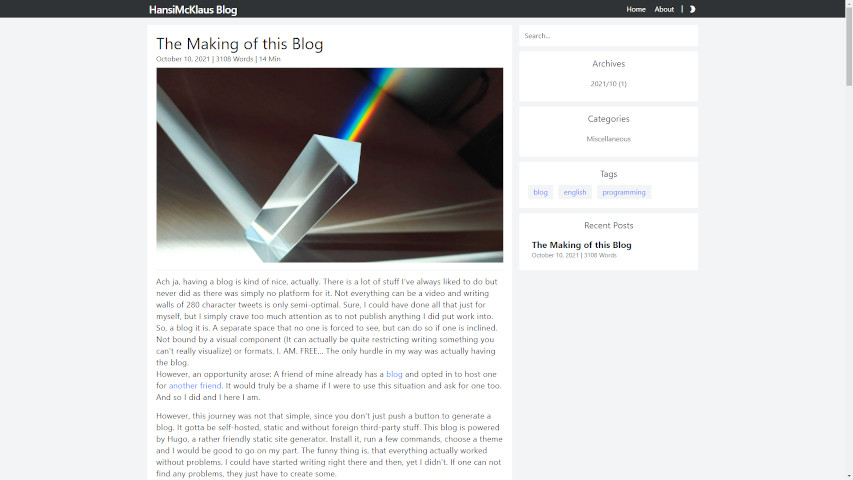
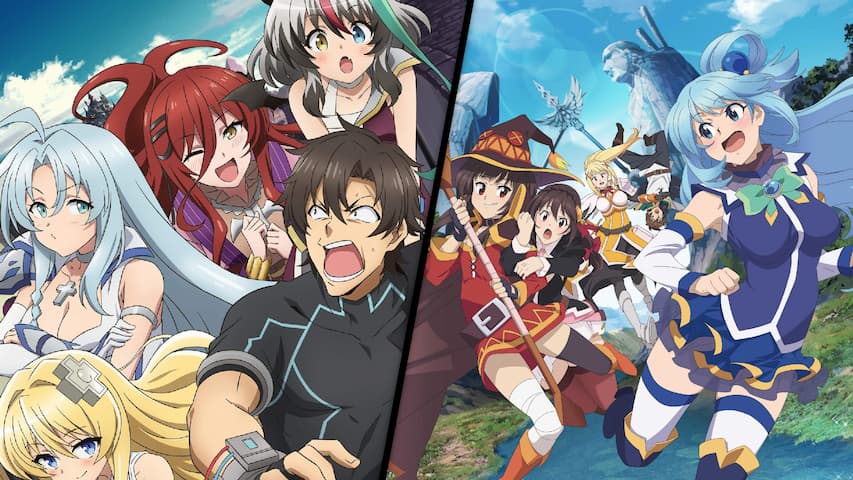
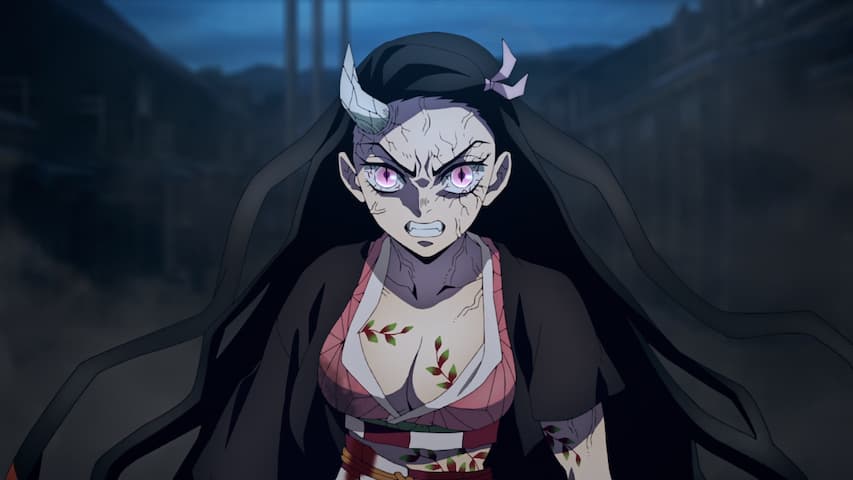
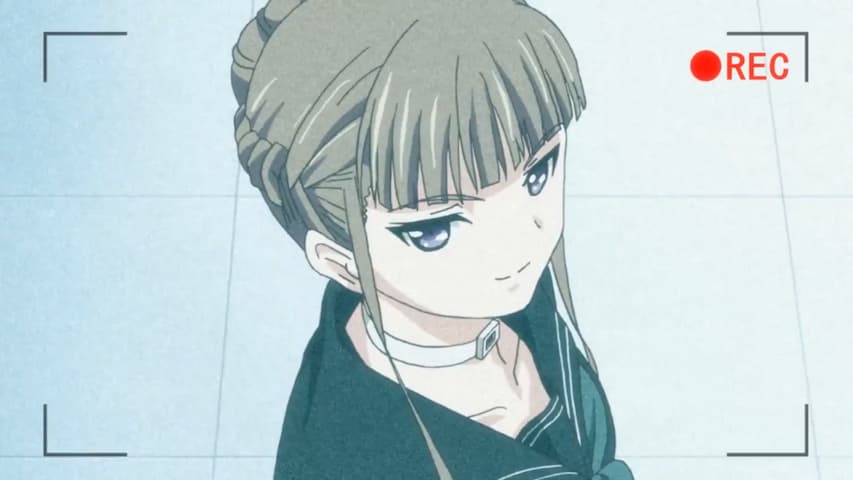
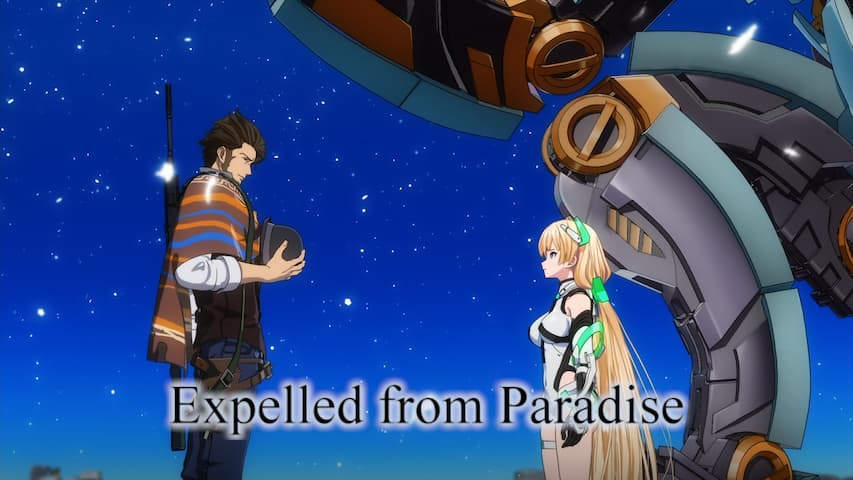
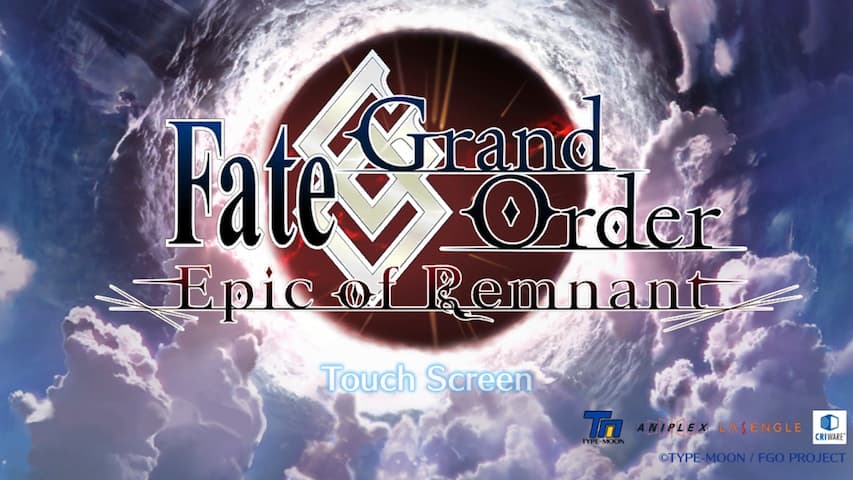

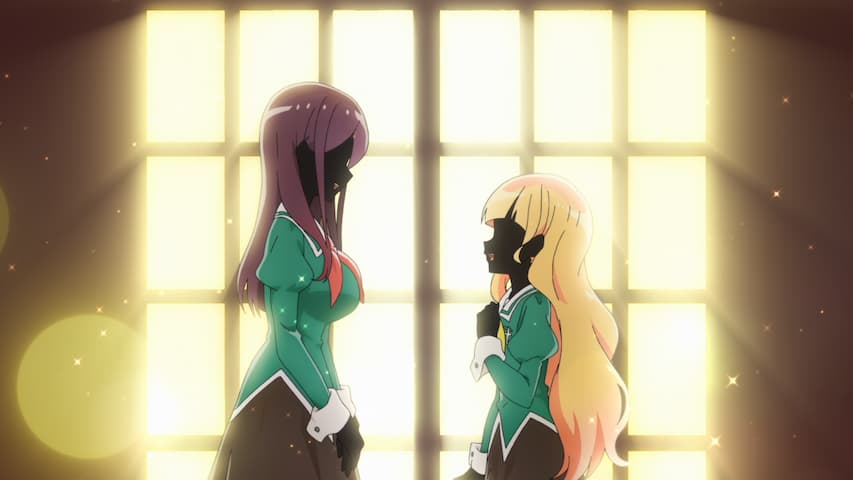
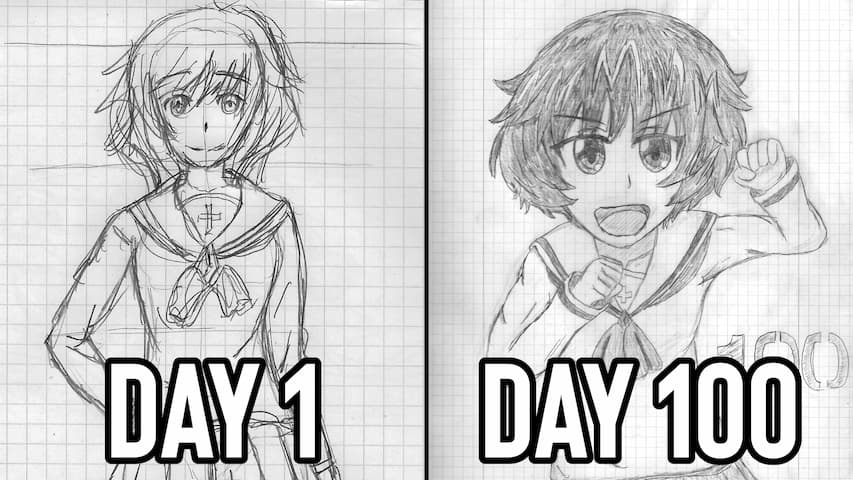
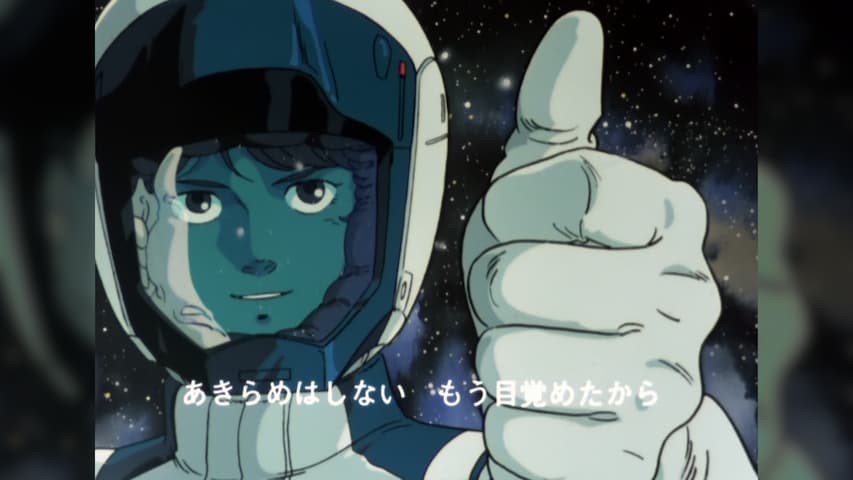

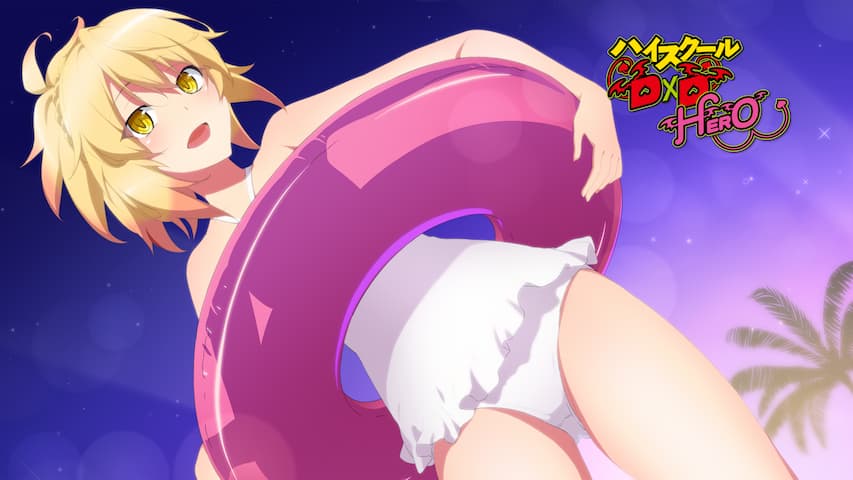
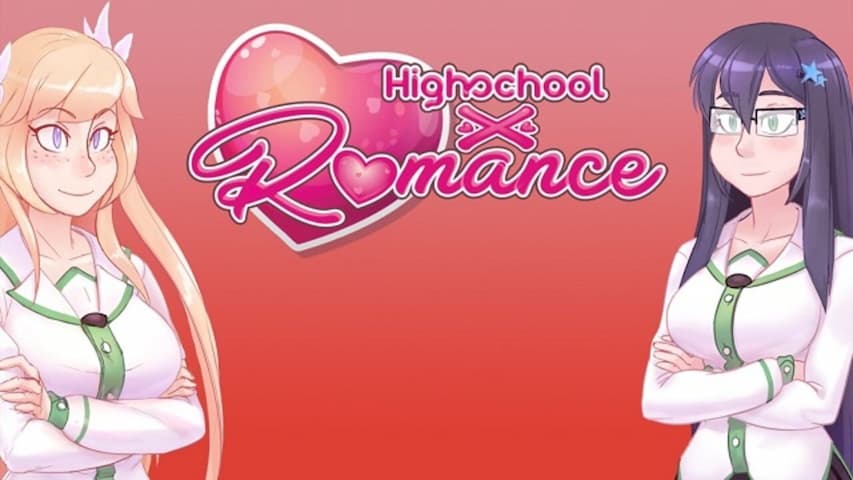
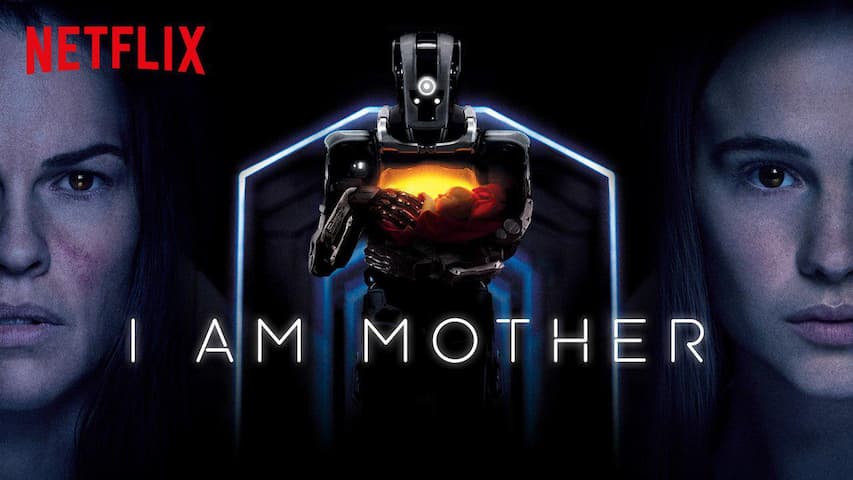
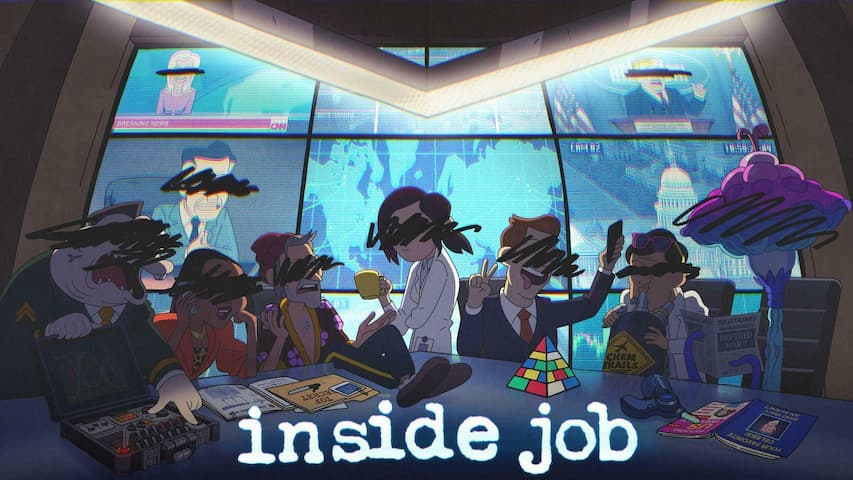
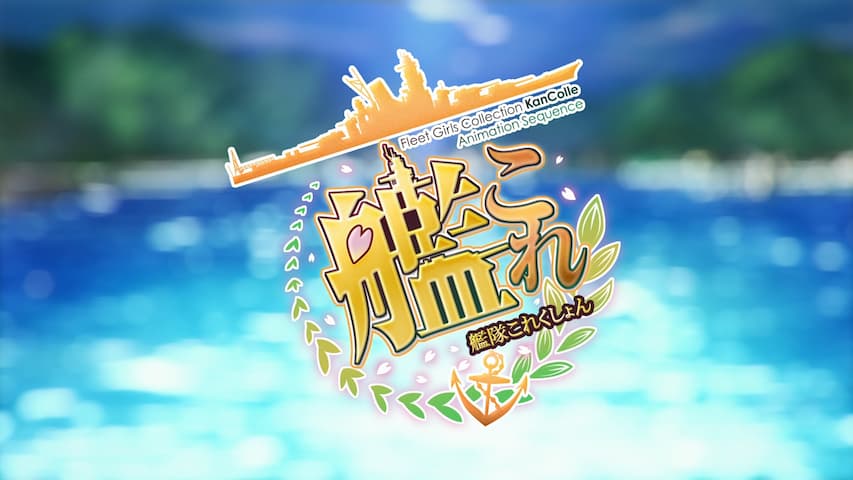
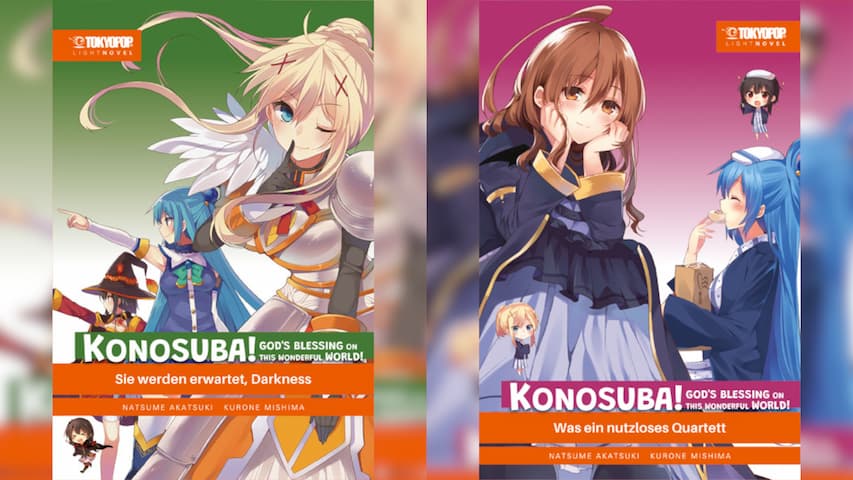
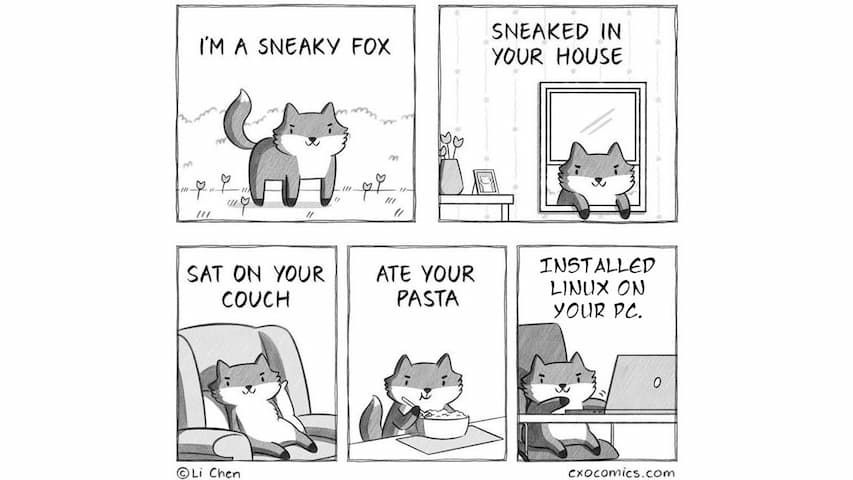
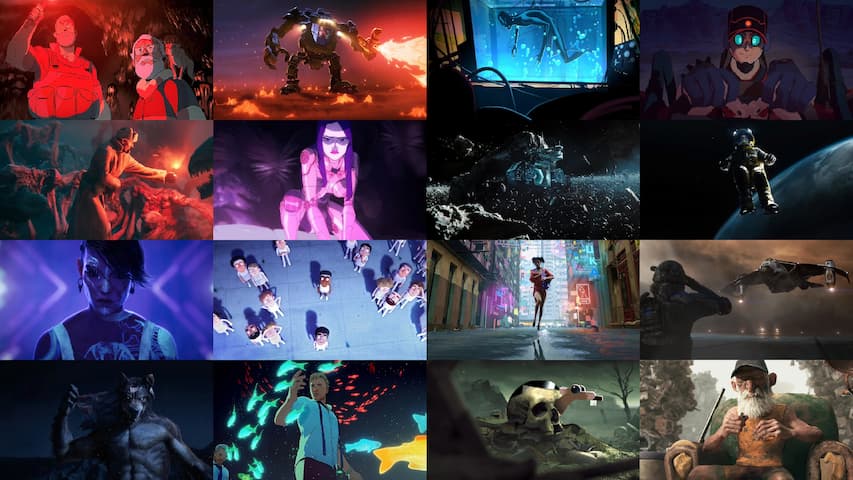
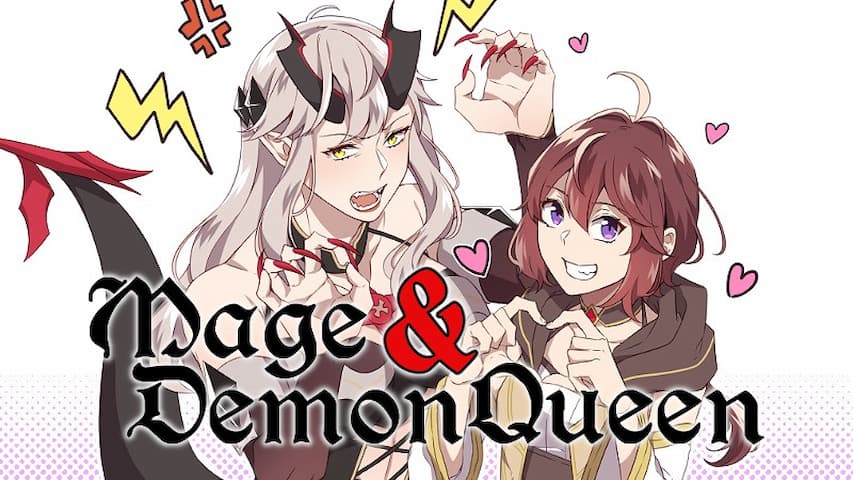
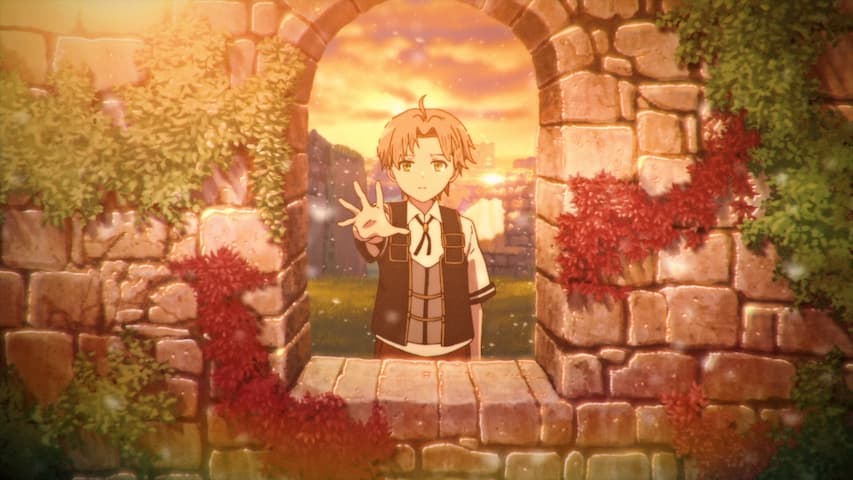
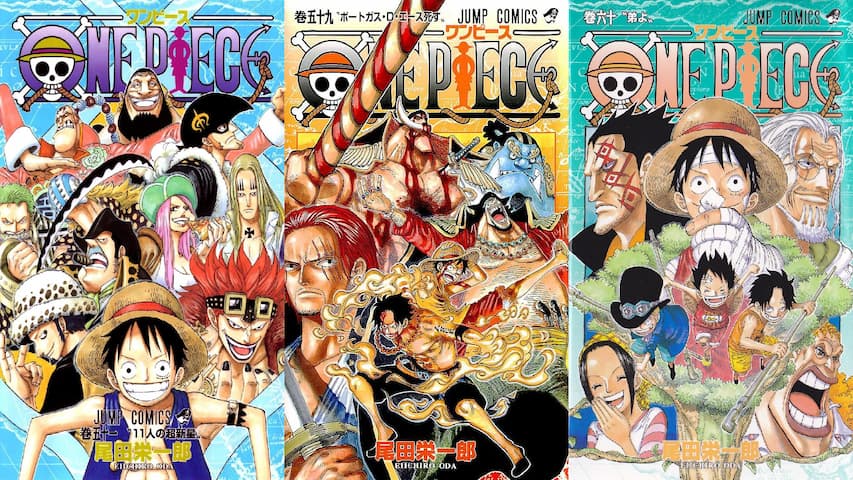
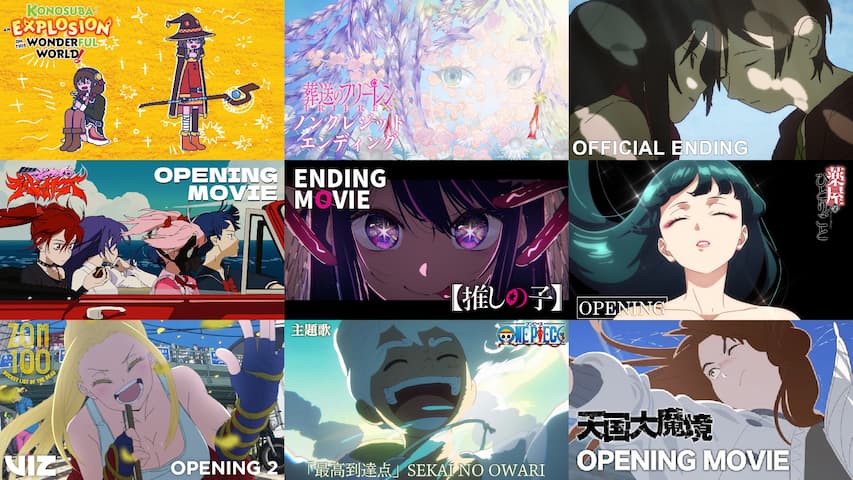
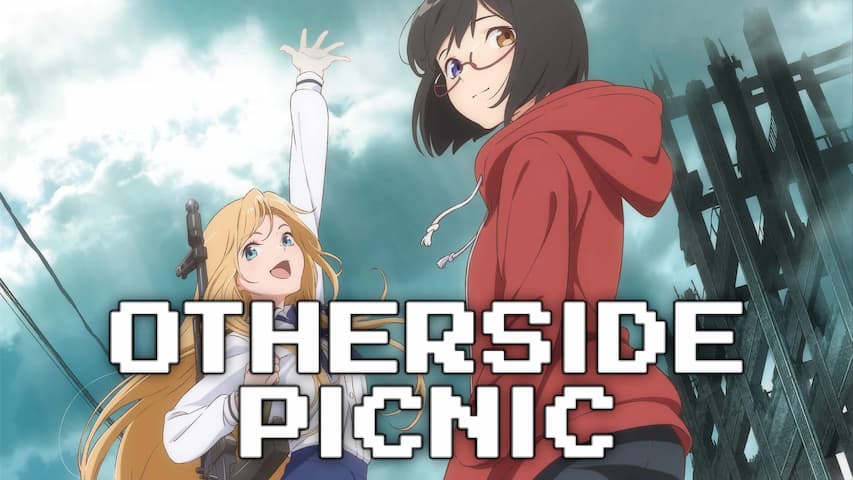
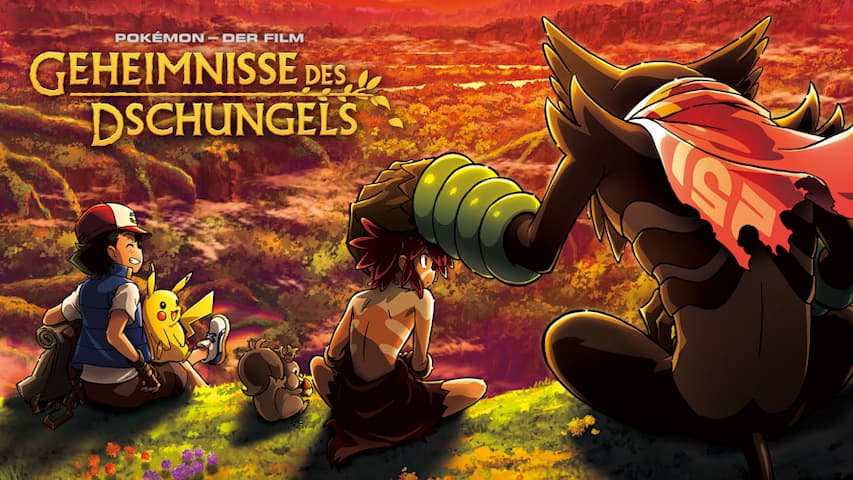
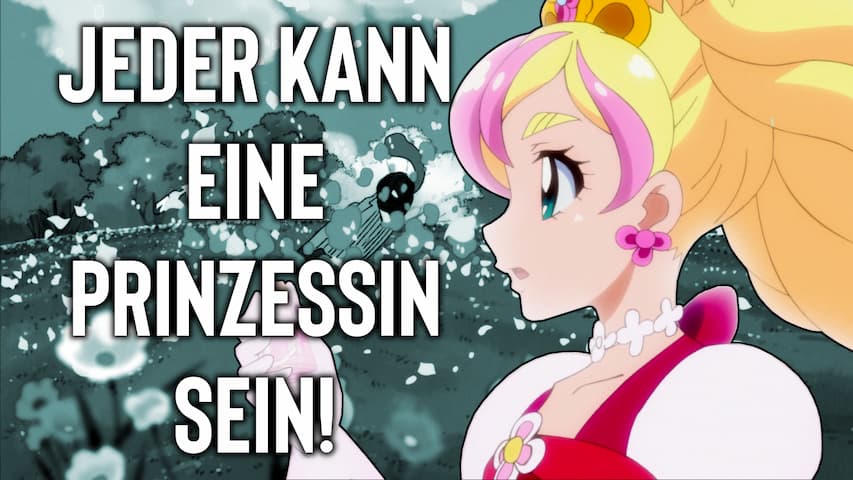
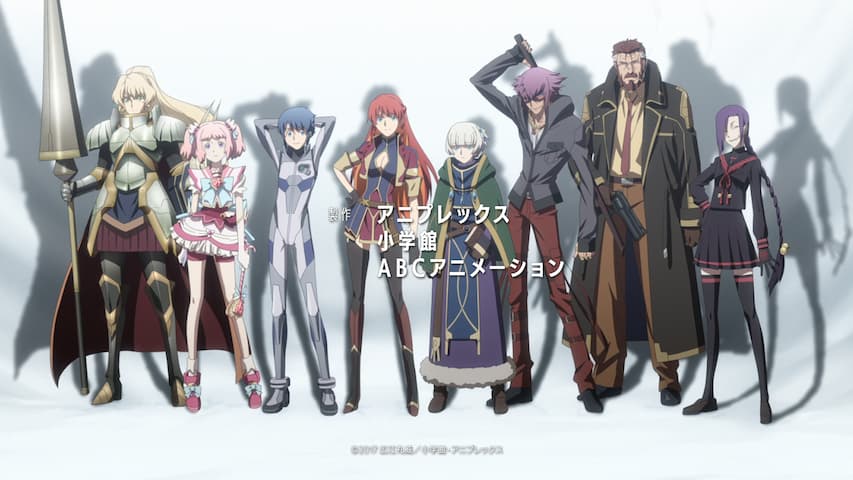
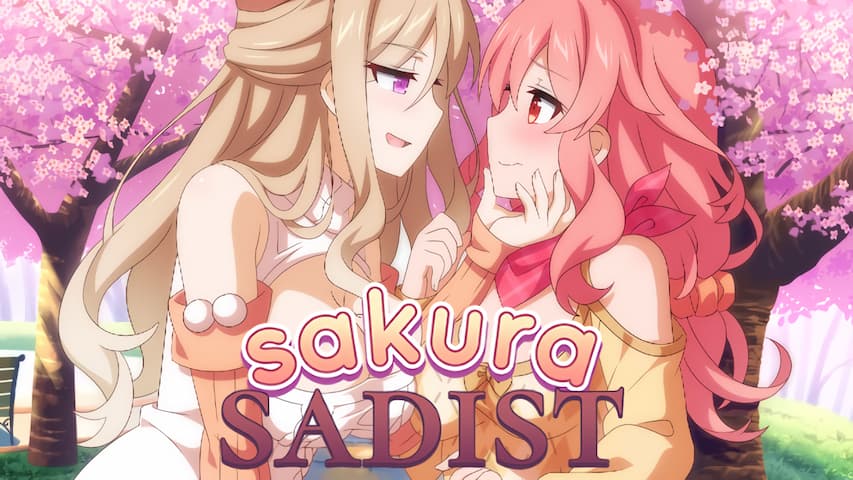
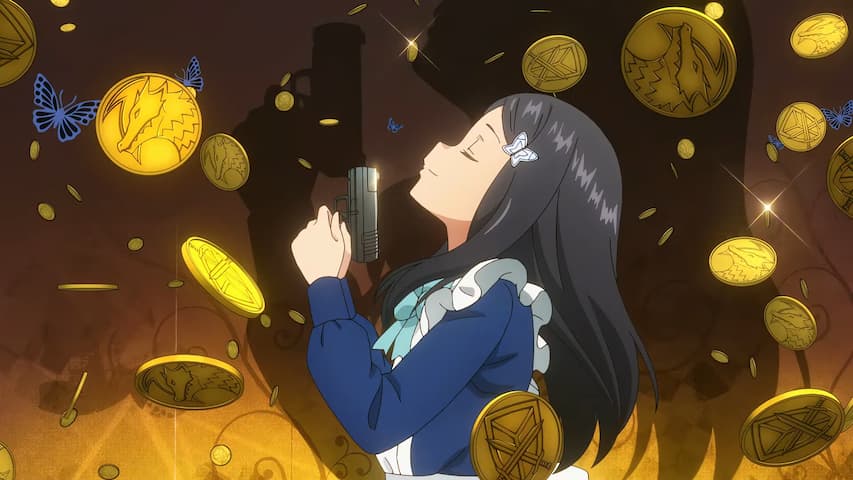
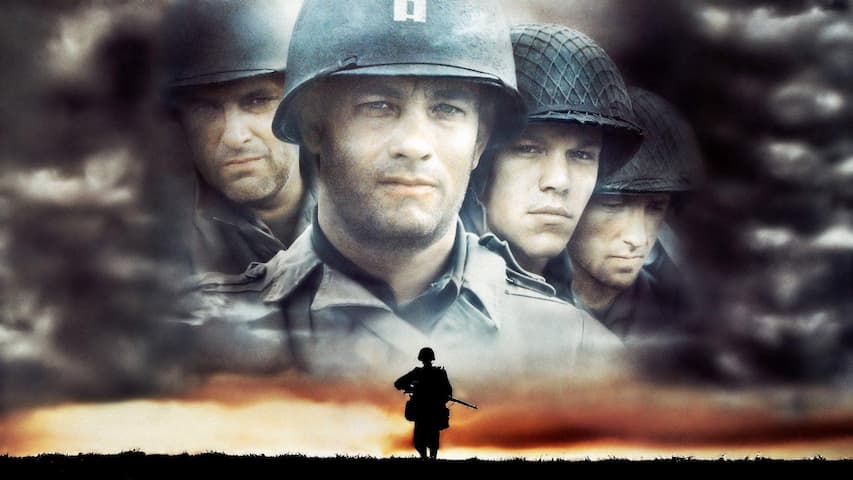

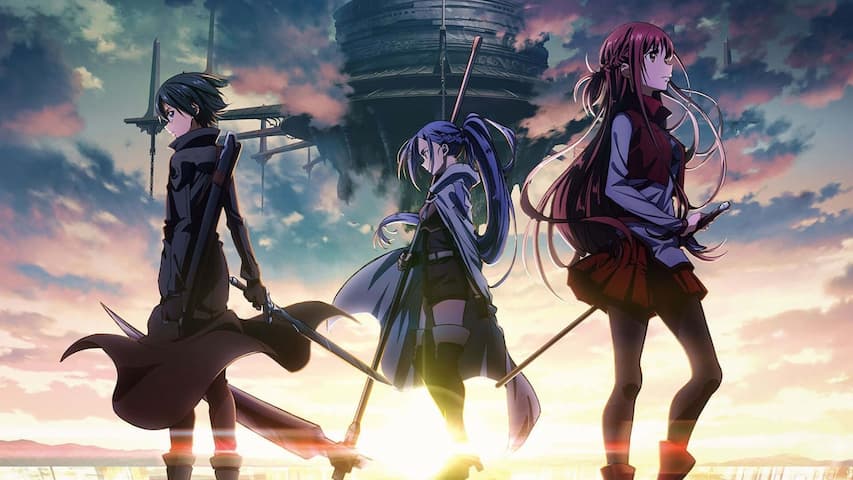
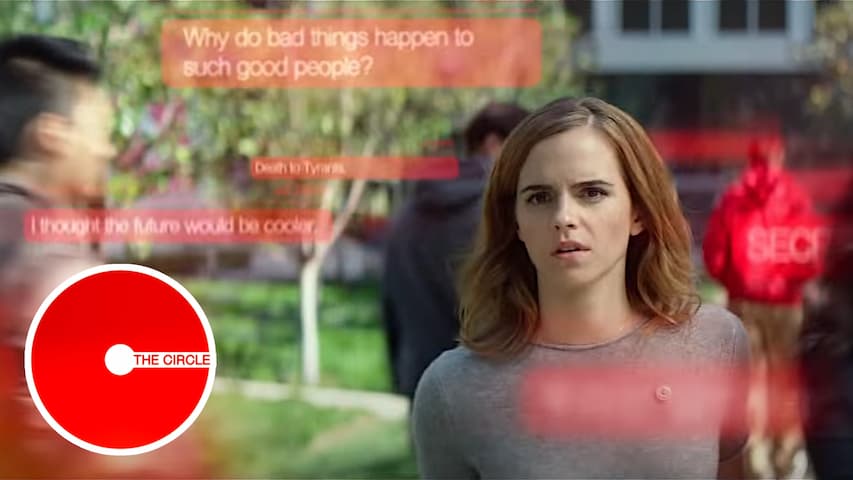
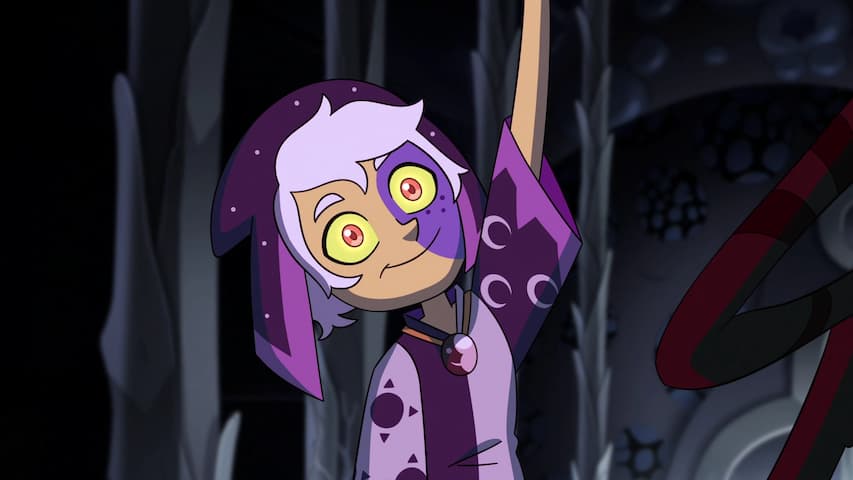
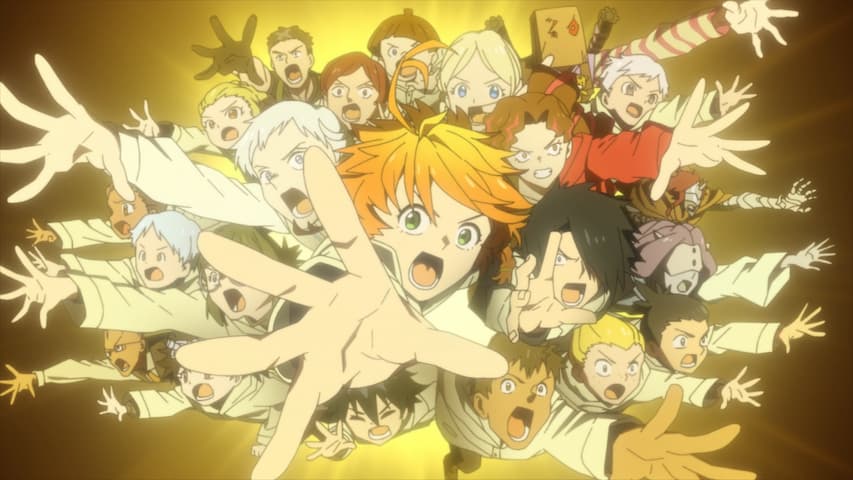

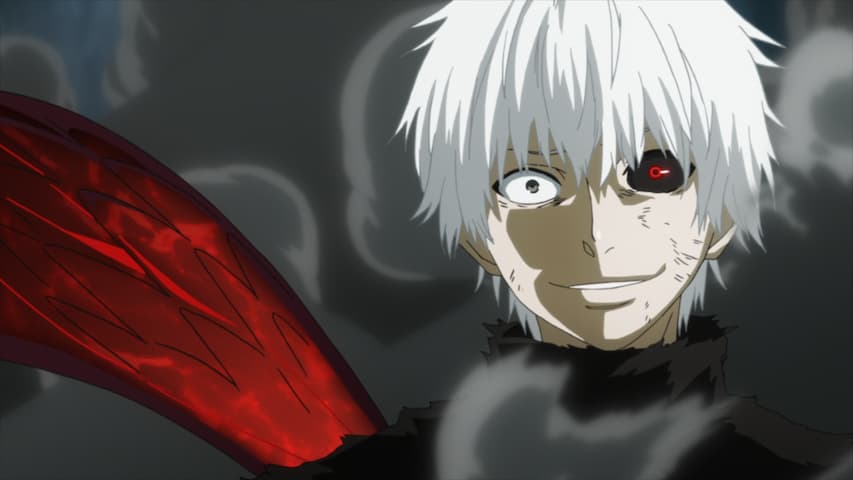

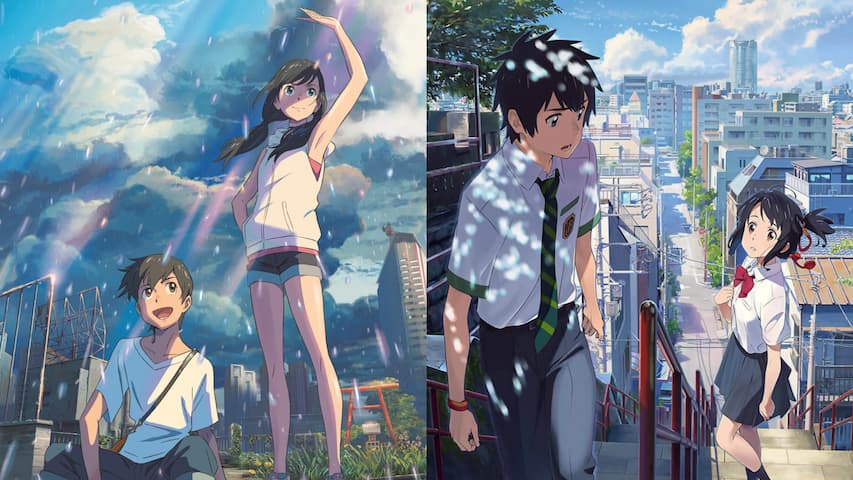

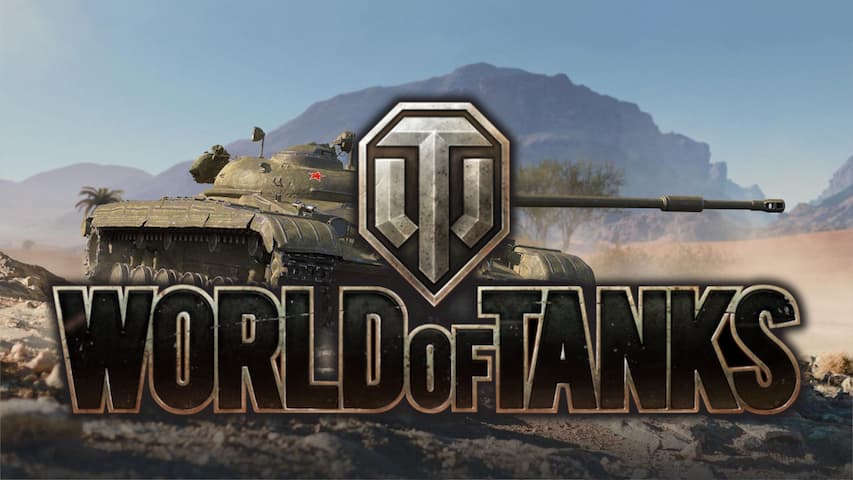

Recent Posts
4007 Words | June 30, 2024
3846 Words | June 10, 2024
3132 Words | May 28, 2024
1342 Words | May 24, 2024
3259 Words | May 20, 2024
